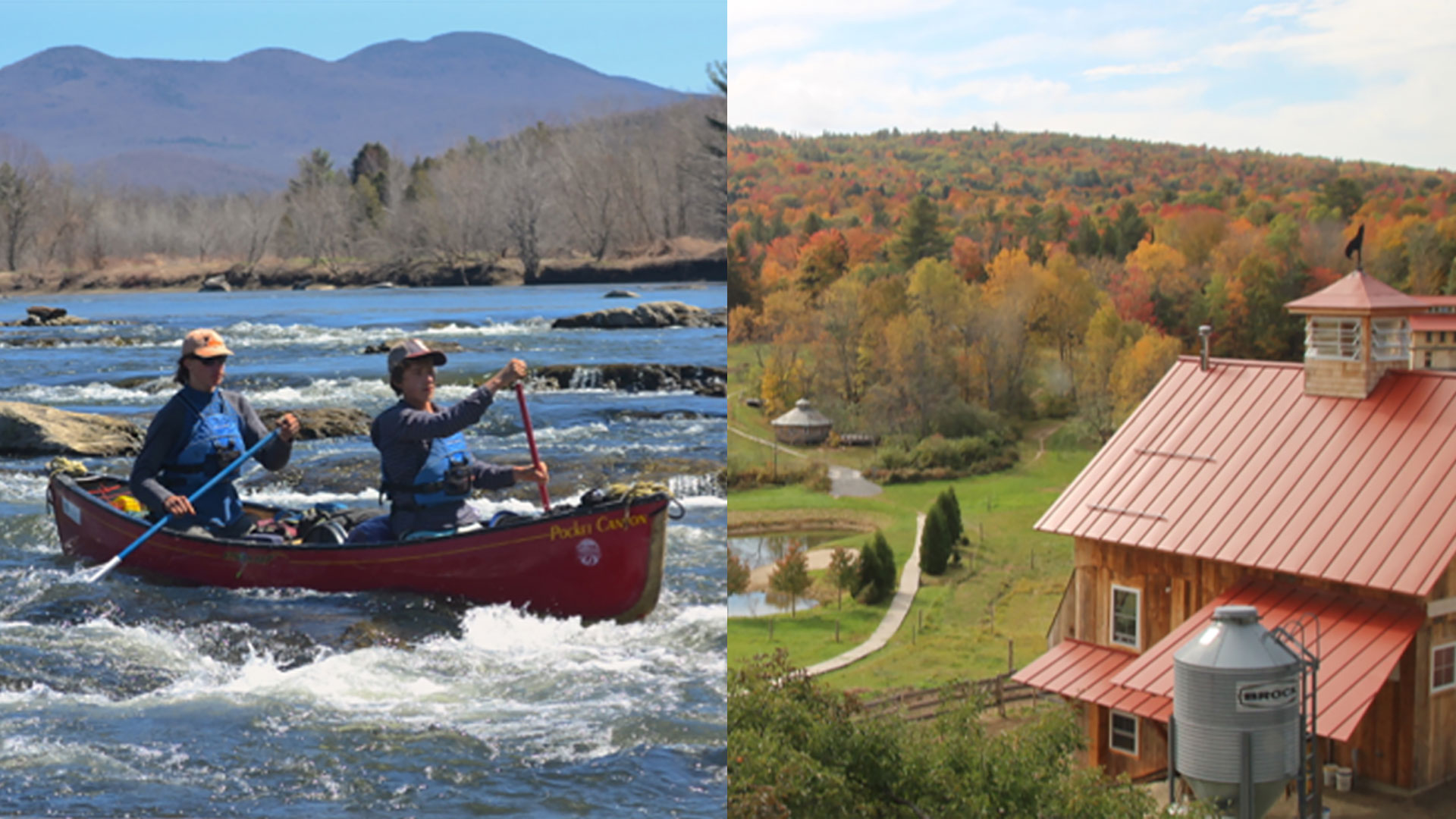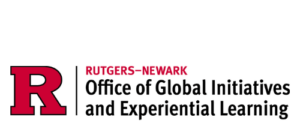
by Fernanda Alvarado, ILE Scholar, Class of 2020
My trip to Kroka Farms, New Hampshire was one the most transformative experiences of my life. I traveled there with my Rutgers colleagues as part of the ILE program in August, 2020. It has been over a year since then, and I can definitively say that the experience sparked both my professional and personal development.
An essential component of the ILE Program is to present a Transformation Project at the end. So, the minute we got on the train from Newark to New Hampshire, I had my eyes peeled open for possible ideas. As I got to know my fellow travelers on the scenic 6 hour train ride, I realized that all of us were from urban areas and have very little experience with nature in our daily lives. I know that sounds a little bit sad, but it led me to wonder, how could I apply what I was about to learn in a rural farm to an urban area like Newark? Keeping this question in mind, I was fortunate enough to live and learn about the power of community action during my 12 days in New Hampshire. Even though Marlow and Newark are very different, both possess strong communities with the potential to create change.
A central pillar of Kroka Expeditions is sustainable living. We were sleeping on dead pine branches, using compost outhouses, washing our hands with water from a jug, eating food we harvested ourselves, composted our food, and some lucky students even got to shower twice in the outdoor, solar heated tank-shower system that conserved water and electricity. There were many more ways in which we were living sustainably, too many to list in fact. Some students in my group enjoyed it, while others couldn’t wait to get back to indoor plumbing. Although most of the group felt this culture shock for all of the 12 days, we all knew we were there for a reason: to learn and bring something back to Newark. As we slept in our Yurts, showered in the pond, and ate cheese we made from the cows we milked at dawn, we realized the wide gap between sustainable living in an urban city like Newark and in a rural area like Marlow.
An urban city doesn’t have the space or natural resources to live sustainably in the way Kroka does. So the key question for my group became: How were we to “transform” the city, when we were learning about transformative concepts in a tiny, secluded, rural town? What helped our groups’ projects was attention to the root of these concepts, and understanding the connections between the two places. Kroka’s base is on a beautiful farm, surrounded by forest. Kroka staff and students, a small community, worked together to accomplish daily goals, including working with the land to create something great. These are things that exist in Newark as well. Newark is full of historic buildings and people who work hard to protect these buildings. Newark is also full of newer and innovative buildings and people who are trying to bring positive change to the city. The Kroka farm and Newark aren’t so different. They both have a population of people working to protect the beautiful land that exists, and provide for the community by using the land in a sustainable way. For example, one of the things I did ever since I returned to Newark was start composting in my dorm. I have also been volunteering at local urban gardens, and discovered a whole network of people intent on preserving the precious greens scattered among the urban sprawl.
When you think about sustainable living, the first thing that comes to mind is a lifestyle like the one we lived for 12 days at Kroka. Just because you aren’t living like you would on a farm, doesn’t mean you aren’t living sustainably. One concept that was emphasized on our trip was to be mindful of our place, surroundings, and resources. Newark isn’t Marlow, New Hampshire, and the city doesn’t have to become it, to be sustainable. Newark residents, nor Rutgers students, have to shower in the Passaic River to live sustainably, as our group would expose in the transformation projects. Instead, we can come together as a community to press for a cleaner Passaic, a cleaner and greener city, free from the industrial effluents and smoke that obscure its beauty. While I developed individual habits like composting, they won’t amount to much until it translates to community and governance levels, resulting in policies that benefit the residents and their natural resources. Kroka showed me that we need to work as a community to bring change in the city. Together, government, institutions, businesses, organizations, and individuals can make Newark a sustainable city.

